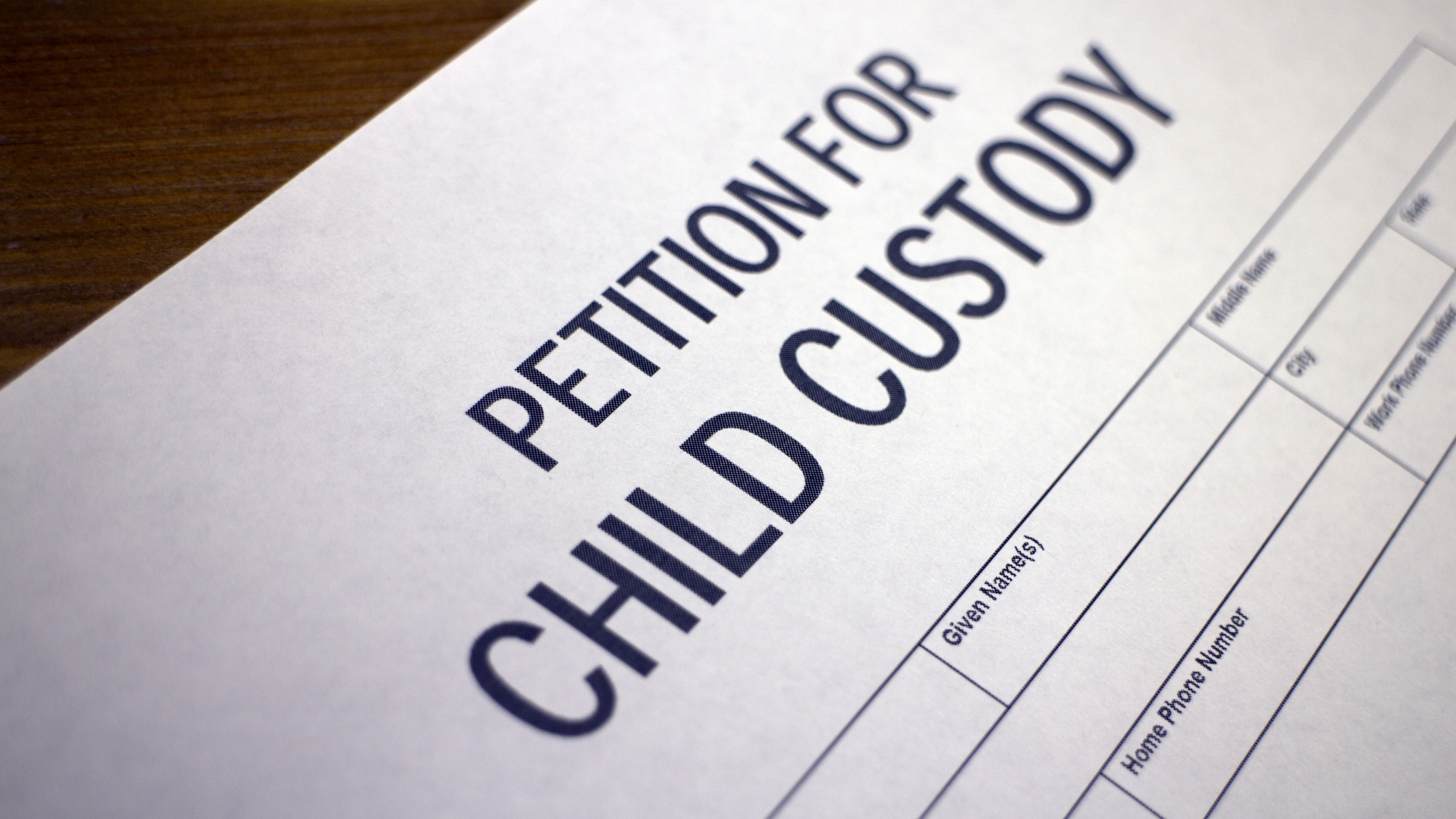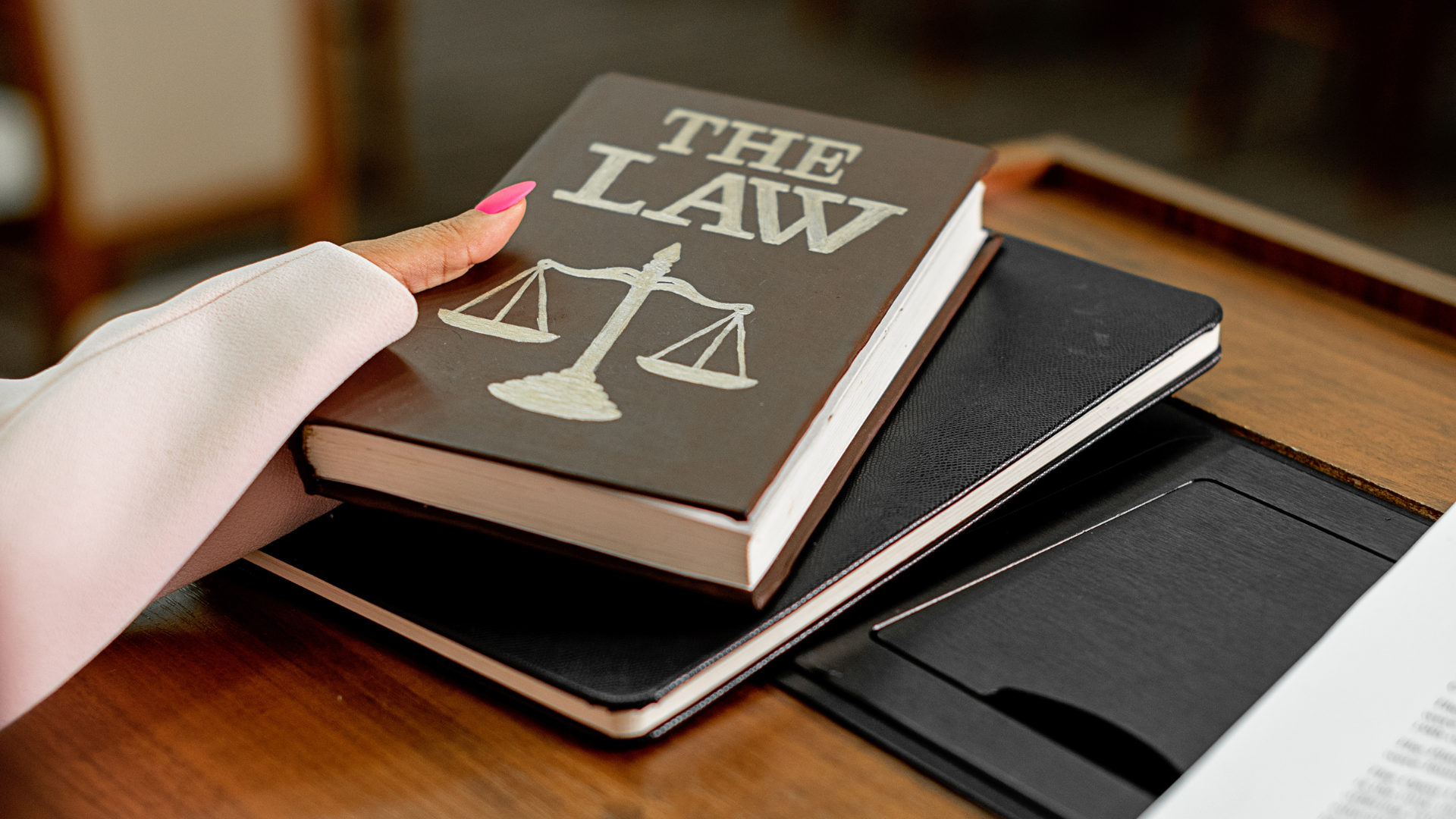Now that you’ve decided to officially own the home you live in, you must have a will. Without a will, your property could end up in probate court, where the judge must determine where the property should go. However, writing a will may seem ridiculous since you’re only 50 years old and not planning on dying any time soon, but accidents can and do happen at any age. You need to be prepared in case something happens.
What is Will?
A will is more than just a way to decide how your estate will be divided up after you pass away. It’s your chance to name an executor who will look after your estate, regardless of what state you live in. (Without a will, the care and management of your estate will be handled by a court-appointed administrator.) A will lets you decide what happens to your personal goods, including your house, car, bank account, and personal property. And if you’re married, it will let your surviving spouse know how you’d like your estate to be divided.
Tips to Write a Will
Do not put off writing a will.
A will is a legal document that decides what happens to your possessions and property after your death. It is required in most states. Your will is the responsibility of the person you name as executor, who is a person you designate to carry out your wishes after your death. Your will names an executor and specifies who receives your property, possessions, and assets. It also names guardians for any minor children.
Do seek legal advice.
Putting your property into a proper legal arrangement may help to avoid confusion, disagreement, and disputes when family members begin to fight over assets. While a will can also legally cut your family’s inheritance short, a prepared by a professional attorney can help you avoid that situation entirely.
Do keep a copy of your will.
Property is a valuable asset, and for many of us, this asset is significant enough that it needs to be protected. You can take steps to ensure that your property is protected with a proper estate plan, which includes doing a copy as long as legalized.
Do list your assets.
A written will is a legal document in which you state how you want your assets to be distributed upon death. Without a will, your assets will be distributed according to state law, which may not be in accordance with your intentions, and your heirs may have to go through a long, complex court process.
Do list your beneficiaries.
You will need a will if you have your property (home, car, savings, etc.). This legal document allows you to decide who will receive your property after death. When writing your will, you need to list your beneficiaries. These are the people that will receive your property after your death. You will be valid if you sign it in front of two witnesses and a notary public (legally licensed to witness the signing of legal documents).
Do keep the original, but also keep copies.
While many people refer to these documents as wills, others will refer to them as trust documents. However, they are the same thing. A will is a legal document that outlines your wishes regarding your property, while a trustee is a person chosen to oversee that property.
Do make sure it states who you want to care for your pets.
Make sure your will states exactly who you want to care for your pets. When people die, they have to let go of their pets and then they’re forwarded to the designated person. But pets are emotional, just like people. They mourn their lost loved ones and suffer through sickness. They need to be taken care of.
Do make a list of who you want to administer your estate.
A will is a legal document that spells out your wishes for your property, personal effects, and financial resources after your death. You won’t have control over your life while you’re alive, but you can create plans to help your family after you leave. You’ll also want your will to list the names of any important beneficiaries who should receive shares of your property.
Your will is the document in which you outline what you would like to happen to all of your property after you pass away. It should include items such as what you would like done with your house, car, and other assets. Having a will allows you to take control of what you want to happen to your possessions. To write your will, you need to know what you own, who is the beneficiary of your assets, and where you want to distribute your property.
Making a will ensures that your assets are distributed according to your wishes and that the assets left behind are distributed to the beneficiaries you choose. The costs of making a will can be high, but the returns can be significant.



